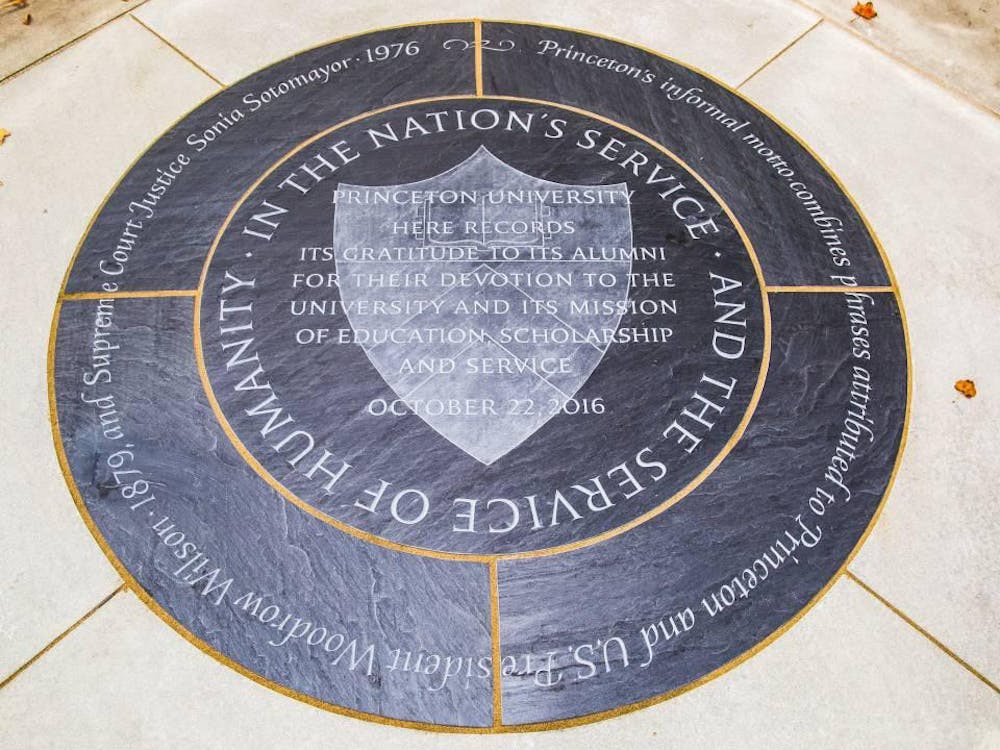In Oxbridge, the universities revolve around their colleges. Take Oxford, for example: 38 colleges, each with varying size, budget and reputation, dominate the environment. The process starts long before you even study at the university. You don’t apply to Oxford University, but instead apply to study — or ‘read’ — a particular subject at, for example, Worcester College. You submit your application, the professors at that college interview you, and that college, not the university, makes the decision to accept you or turn you down. When you arrive in September, you prepare to spend the next three years of your life there, competing for the college’s sports teams, studying in the college’s own classrooms and eating in its dining halls. And only its dining halls: The meal plan is not flexible, like at Princeton. The college becomes your life. Similarly, in the physically distinct, five-year ‘houses’ at English boarding high schools, students eat, drink and live side-by-side. The houses, like Oxbridge colleges, become a natural, default community. They are the places where the strongest friendships are most easily formed within the larger institution. The process works.
There are schools in the United States where the system is not so dissimilar. At Yale, students are assigned a college in their freshman year and stay there. At Harvard, you are given one year in freshman housing before blocking with a group of friends and being assigned a ‘house’ for the next three years. Princeton turns this approach on its head. Rather than demanding that is students live in their colleges for the full four years, as at Yale and Oxbridge, or that they begin separated but finish united, as at Harvard, Princeton demands integration for just the first two years before silently watching as the majority of students part and go their own way.
This is a fundamental flaw. With the consistent prospect of separation, the students in our residential colleges can only hope to part of artificial, temporary groupings, always planning for that last day of sophomore spring, when the ties are broken and new niches must be found, in eating clubs or elsewhere. And, of course, the search for a consistent, university-long niche actually starts far before the end of sophomore spring. So, the formula is corrupted before it ever begins to grow. In England, residential colleges, having evolved slowly to become the core of the system, work. At Harvard and Yale, they come close to being useful communities. From the outset at Princeton, they risk being almost useless.
Perhaps worse than useless, the current residential college system at Princeton causes great inefficiency. With room draw, freshmen are expected to choose roommates from only a sixth of their class. As Rebecca Kreutter emphasized before break, this process is already stressful: To add further limitations is absurd. To restrict freedom of choice in order to gain just one extra year of residential college solidarity is surely unproductive. Sure, other universities force random proximity and association as the seeds of friendship and, arguably, that’s not so strange. If I had gone to Harvard, I would probably have had Harvard friends. Similarly, if I had been placed in Forbes, I would know more people on that side of Alexander Street. Randomness will have a role in our association. But, even with that in mind, Princeton’s system cannot work effectively. As long as Princeton’s residential colleges ask for only two-year membership at the beginning of a student’s career, they will helplessly lose the majority of upperclassman students to other communities and, thus, become largely worthless. And, with the problems caused by, for example, freshman room draw, they will forever be hopelessly inefficient.
In a video released on April 8 this year, the University attempts to explain the residential college system. Jeff Nunokawa, master of Rockefeller College, emphasizes that a great deal is done to make the college “feel like home.” Students describe master’s dinners, Broadway trips, organized sports and the strong interaction between a diverse group of undergraduates, graduates and faculty. This is all desirable. The University should encourage it, but not through a forced system of residential colleges. Princeton could organize dinners, trips, sporting tournaments and diverse interaction without offering up a poor, flawed imitation of the structures of other universities.
Eating clubs, co-ops and going independent: Princeton is shaped by its varied upperclassman social options. But, for residential colleges to become relevant social groupings, such variety would have to go. The two cannot thrive together. Ultimately, the choice between variety and residential college restriction must be definitively made. Compromise is an ineffective solution and causes needless inefficiency in, for example, processes such as room draw. The practicalities and difficulties of making a decision either way are varied and require their own focus. This article is not an argument for one method over the other, but an emphasis on the need for decision: As long as the prospect of upperclassman choice remains, the residential colleges will stay weak, restrictive imitations of better systems elsewhere. Make a decision, Princeton.
Philip Mooney is a freshman from Belfast, Northern Ireland. He can be reached at pmooney@princeton.edu.







